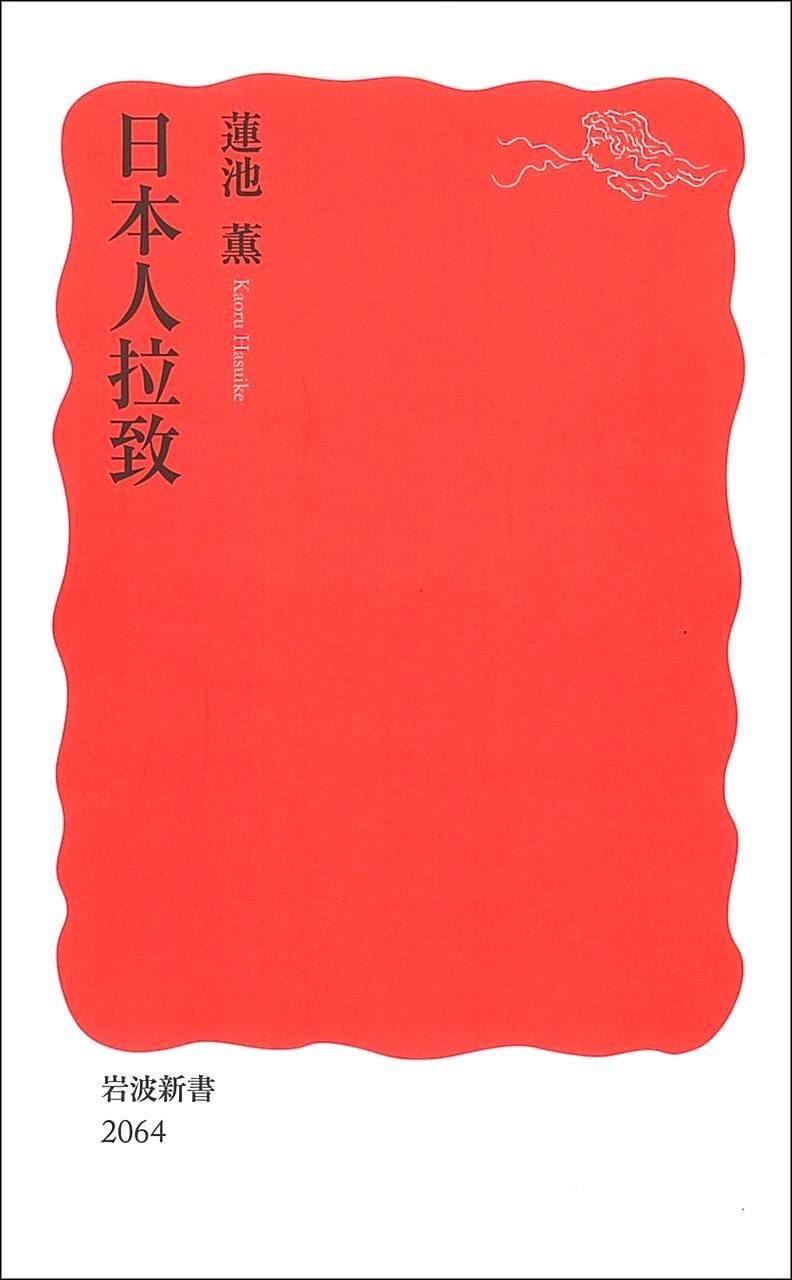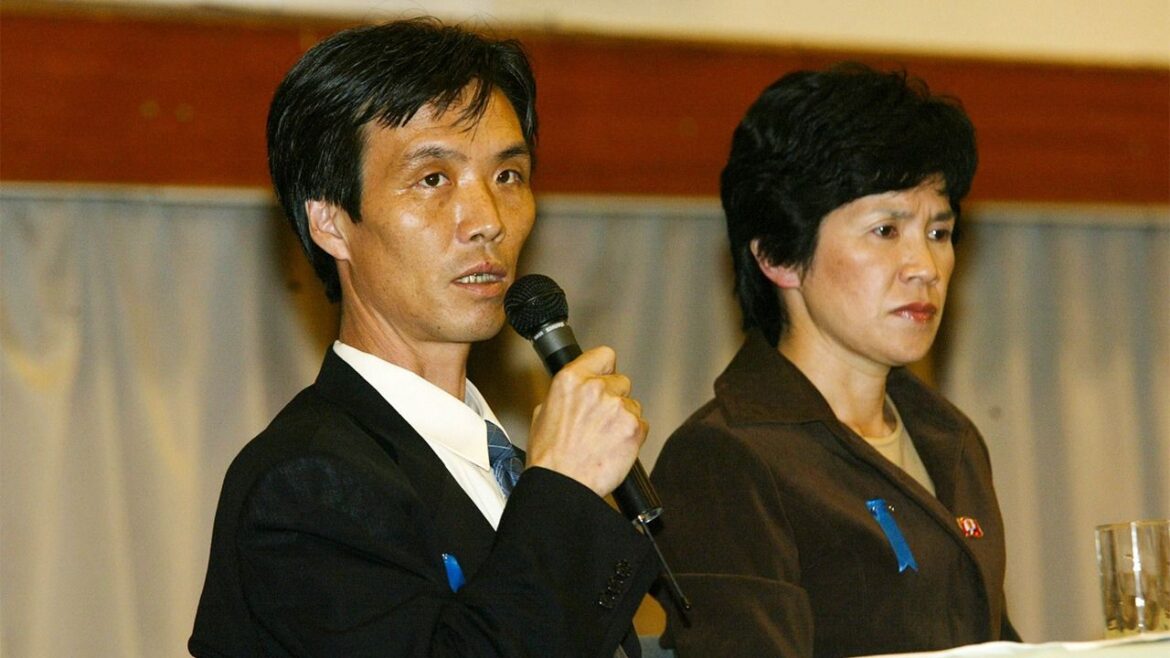More than two decades have passed since the dramatic return to Japan of a handful of abductees from North Korea. One of them, Hasuike Kaoru, has a new book shedding light on his experiences in the brutal country that kidnapped him and potentially dozens of other Japanese citizens.
“Eight Dead” Is a Lie
At the end of July 1987, university student Hasuike Kaoru and his girlfriend Okudo Yukiko were abducted from Kashiwazaki, Niigata Prefecture. At a September 2002 summit meeting between Prime Minister Koizumi Jun’ichirō and General Secretary Kim Jong-il, the North Korean dictator finally admitted to the abduction of Japanese citizens. The next month, Hasuike and four other victims stepped foot on Japanese soil for the first time in 24 years.
At that time, the Japanese government demanded confirmation of the well-being of 13 missing citizens. The North Korean response included Soga Hitomi, bringing the total to 14, and said: “Five are living, eight are deceased, and one never entered our borders.”
In his new book, the 2025 Nihonjin rachi (Abductions of Japanese Citizens), Hasuike refutes the North Korean claim that those eight people, including Yokota Megumi, are actually deceased based on his own experiences.
To this point, Hasuike has refrained from discussing the details of the abduction issue for fear it might have negative consequences for those victims still held. However, the victims’ families are growing older, and he fears the abduction issue is fading from the public consciousness. That is why he decided to write this book and reveal so many truths that have long remained hidden.
Abductees “Outlived Usefulness”
What was the true goal of the abductions? At first, it was a scheme to train secret agents. In the hands of the North Korean Reconnaissance General Bureau, the Korean Workers’ Party foreign intelligence agency, Hasuike was told: “Ours is a great country. You will see, hear, and learn so much here and become a true revolutionary.”
Hasuike also goes into detail about the basics of life in his isolated “guest house.” Abductees were subject to mind control through ideological education. They underwent endless indoctrination in Juche, the official North Korean “self-reliance” ideology, but despite his ongoing doubts, he gradually lost the will and courage to entertain them. “I wrote what I was told, and came to think and speak as I had written.” He was repeatedly shown North Korean propaganda films pushing ideas about the brutality of the Japanese army to instill a sense of guilt and obligation in him as a Japanese citizen.
However, the goal of spy training hit a snag. From the late 1970s into the 1980s, North Korea carried out abductions around the world, not just in Japan. Then, during attempts to abduct women in Macao and Lebanon, two victims managed to escape, and North Korea’s crimes began to come to light. The decisive blow came in 1987, when the North Korean agent Kim Hyon-hui confessed to the bombing of Korean Air Flight 858. She revealed the abduction plans and the existence of her Japanese language teacher, Taguchi Yaeko.
So, how were the abductees dealt with after that? The Workers’ Party of Korea’s plan was ad hoc and slipshod. The abductees were seen as having “outlived their usefulness.” They were dispersed to various facilities around the country and no longer had any contact with each other.
From the end of 1979 to 1989, Hasuike’s assigned “revolutionary duty” was teaching the Japanese language to help spies assume Japanese identities. He had 12 students, but none of them showed much success. Afterward, he was made to translate Japanese publications and create materials to train spies.
“A Trip Around the Country”
Hasuike says, “There are questions that I have never stopped thinking about. Why was I chosen for abduction? How was that conclusion reached? Why were we the only ones allowed to come back?” Two years after the abduction, he was reunited with Yukiko and they married. They had two children, but they hid their Japanese roots from the children. They had no hope of returning to Japan. “We thought our only choice was to live in that society. We had to think about their futures,” he says, explaining their resignation.
Prime Minister Koizumi’s visit resulted in the sudden return of the Hasuikes to Japan. He says, “We were used as a trading card to get financial support from Japan.” At first, he was ordered to say that they had been rescued by a North Korean ship after an accident at sea, and that they were living happily there. They felt they would have to go along.
But the situation changed when Kim Jong-il admitted to the abduction plans. Hasuike was told not to worry about evangelizing for North Korea, but he would have to come back. They would not be able to take their children, who were essentially hostages. When they left, Hasuike and his wife told their children, “We’re taking a trip around the country for a week.”
Hasuike did as he was ordered and intended to return after a short trip to Japan. But his family here convinced him to stay. Later, he and Yukiko were able to get their children returned to them on Japanese soil, from which the pair had spent over 23 years away.
In his book, Hasuike offers an answer as to why they were the only ones allowed to return, saying, “I think that in the eyes of the North Korean government, the five ‘living’ abductees, including us two, had never openly shown a strong desire to return and had family, like our children, to leave behind as hostages. They thought we would do as we were told.”
The abductees had their basic human rights trampled. Throughout this book, Hasuike clearly tries to maintain a reasonable, objective tone. However, at times, his resentment over how a chance encounter on the beach drew him into North Korea’s twisted plans and sent his life into chaos shines through.

Nihonjin rachi (Abductions of Japanese Citizens)
By Hasuike Kaoru
Published by Iwanami Shoten in May 2025
ISBN: 978-4-00-432064-7
(Originally published in Japanese. Banner photo: Hasuike Kaoru and Yukiko address the media in Kashiwazaki, Niigata, on October 25, 2002, after their return to Japan. © Jiji.)


AloJapan.com